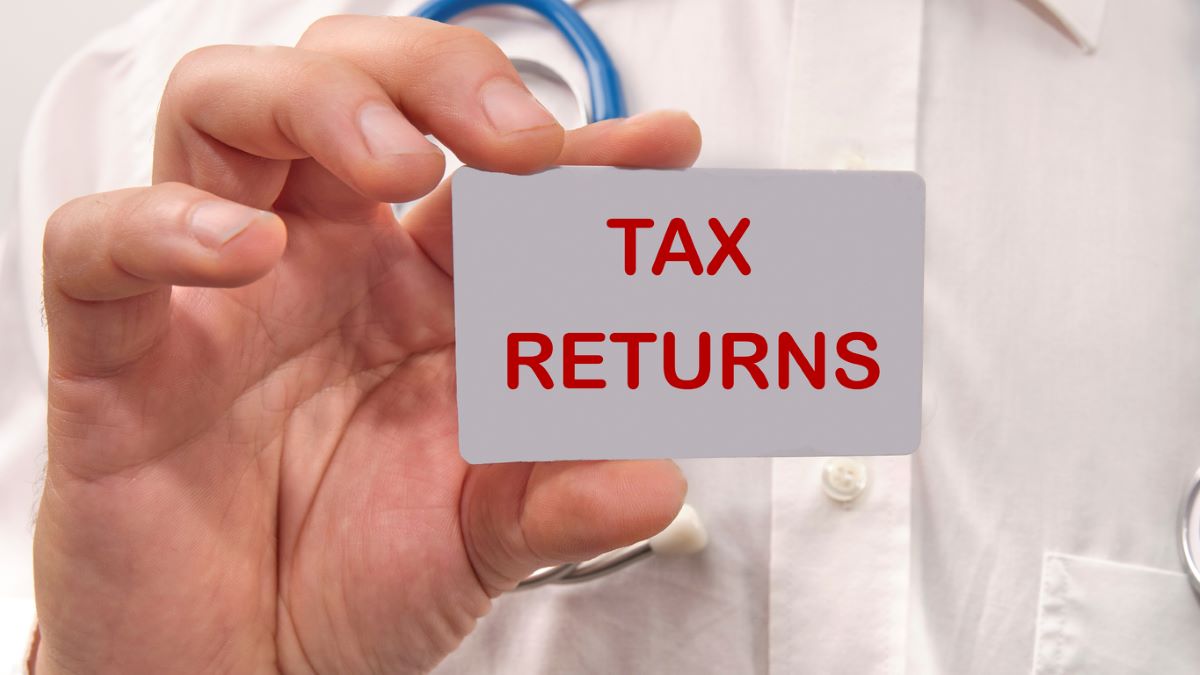HMRC rakes in nearly £1bn in late filing penalties since 2018
A recent freedom of information request forced HM Revenue & Customs (HMRC) to reveal the five-year high amount of late filing penalties they had accrued in the 2022/23 financial year.
The amount raked in by HMRC from those who failed to file their self-assessment tax returns on time reached £220m in the 2022/23 tax year, up from £185m in 2021/22. The figures brought the total amount HMRC had received in late filing fines since 2018/19 to just shy of £1bn at £980m, an unprecedented amount.
Dan Neidle, founder of the Tax Policy Associates Think-Tank, said that many of those who now need to pay tax are on very low incomes, often just exceeding the £12,570 tax-free personal allowance threshold.
“Many people on low incomes have difficult lives, often with mental and physical disabilities. They’re hard to reach with traditional information campaigns [reminding them to file a return]. But the system doesn’t account for that” he said.
The Tax Return Deadline
Under normal circumstances, those who do not file their tax returns by the deadline receive penalties for late submission. This usually comes in the form of a 5% late payment charge on any unpaid tax that is still outstanding.
Late payment interest is charged on overdue payments on account. For most tax payments, HMRC charges late payment interest at an annual rate equal to the Bank of England base rate plus 2.5%. Following successive hikes in base rate over an 18-month period, HMRC’s late payment interest rate now stands at 7.25%.
Many taxpayers may be significantly worse off than they were a couple of years ago due to the increased cost of living. Nevertheless, their average take-home income may well have increased, due to inflation-chasing pay rises and inflation-linked increases to pensions, as well as increased returns on savings income
The Deadline Penalties
If you don’t file your tax return correctly by the deadline, you will be sanctioned with a penalty depending on how late you file your return. This penalty will begin at an initial £100 fixed fee and progress as follows:
- After 3 months, daily penalties of £10 will start, up to £900 in total
- After 6 months, you will be sanctioned for 5% of the total tax due or £300, whichever is greater.
- After 12 months, you will be sanctioned for a further 5% of the total tax due or £300, whichever is greater.
Additionally, the interest rate that HMRC charges on unpaid tax is one of the highest it’s been in 15 years at 7.25%. This is in stark contrast to the interest rate paid to those that are owed money by HMRC, which is at a rate of only 2.5%. Many have criticised this as an example of ‘one rule for us, another rule for them’ when it comes to taxation policies.
That said, HMRC has made it clear that for those that can demonstrate a genuine reason why they cannot make the deadline, they will be ‘lenient’ in their penalty process. The penalties mainly exist to punish deliberate tax evaders and those who persistently fail to complete their tax returns.
With interest rates remaining high, it’s more important to keep on top of your finances than ever before.
Make sure you’re getting the most out of your savings. If you have over £100,000 in savings, investments or pensions, why not get in touch for a free initial financial review worth £500.
Arrange a free initial consultation
This article is intended for general information only, it does not constitute individual advice and should not be used to inform financial decisions.
The information contained within this article is based on our understanding of legislation, whether proposed or in force, and market practice at the time of writing. Levels, bases and reliefs from taxation may be subject to change.
The Financial Conduct Authority does not regulate tax advice.

